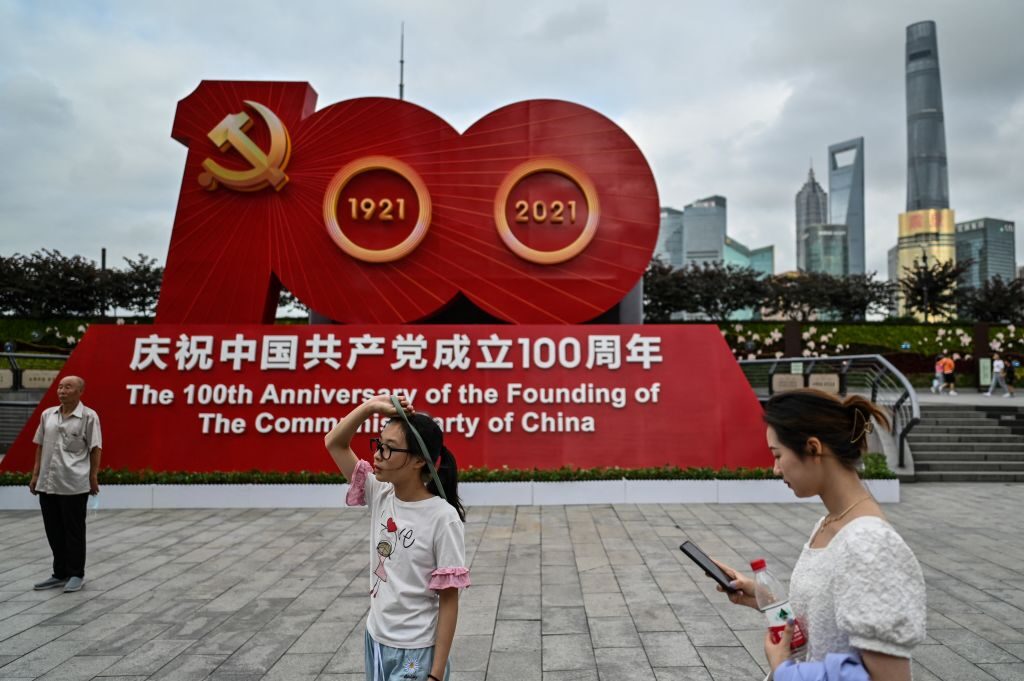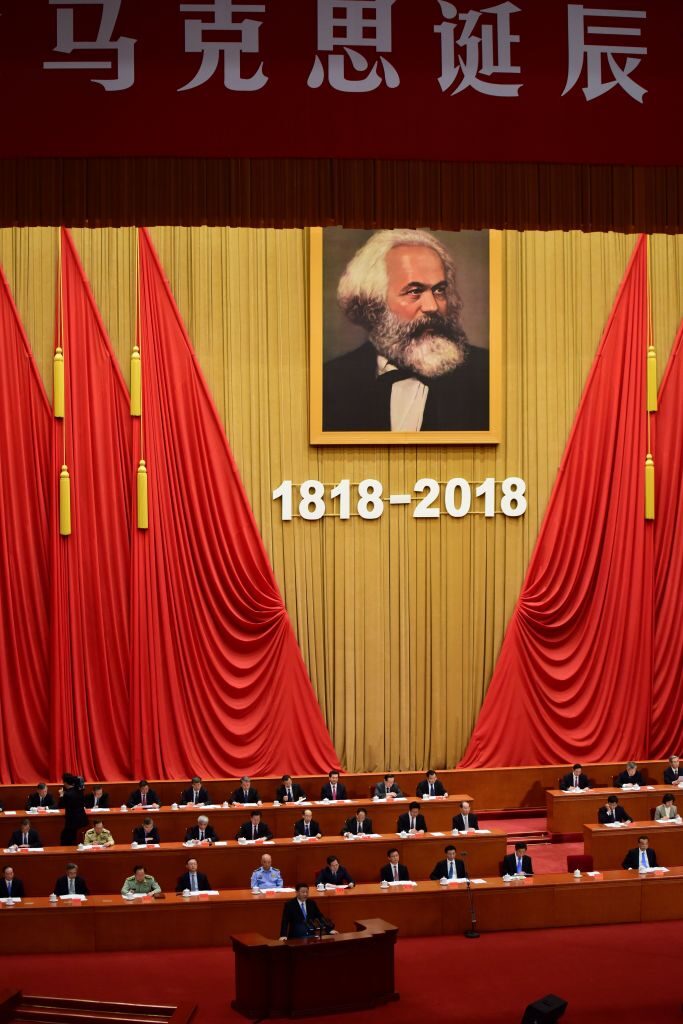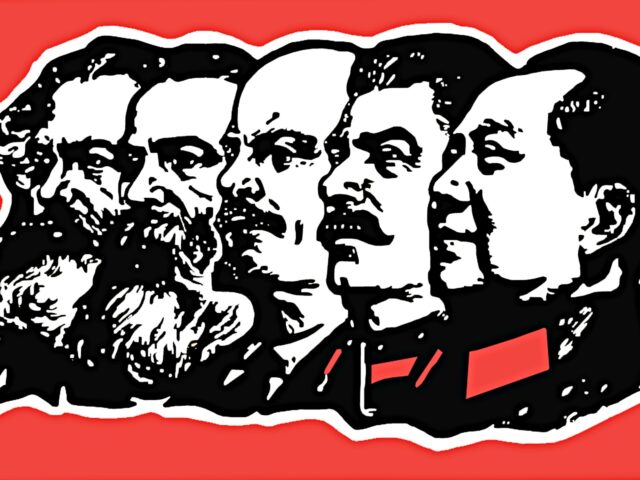ROME — Religious freedom champion Nina Shea warned Tuesday the U.S. lacks the necessary resolve to counter Xi Jinping’s “ideological war” on the West.
While asserting its intent to strengthen national security vis-à-vis China, an Oct. 12 U.S. National Security Strategy report fails to invoke the basic freedoms that undergird Western democracy and distinguish it from atheistic communism, namely freedom of speech, expression, and religion, and conscience, Shea notes.
“How strong is the U.S. policy commitment to defending these rights either at home or internationally?” Shea asks in a provocative essay in the National Catholic Register. “Will such rights be eclipsed by interests for climate change, investment and trade, and a withering domestic cancel culture?”
Shea makes specific reference to Chinese President Xi Jinping’s two-hour opening speech at last week’s 20th Chinese Communist Party Congress, in which he pledged to double down on “socialism with Chinese characteristics” and to galvanize “centralized, unified party leadership.”

This photo taken on June 28, 2021 shows people passing a big display commemorating the 100th anniversary of the foundation of the Communist Party of China, on the promenade along the Bund in Shanghai. (HECTOR RETAMAL/AFP via Getty Images)
Xi’s totalitarian dictatorship, however, manifested by his party purge of moderate elements and his uncontested announcement of a third term as president, “ruthlessly denies individual freedoms of expression and religion, as well as a long list of other basic human rights,” Shea observes.
In its pursuit of global dominion, Beijing has found an unwitting ally in the Vatican, which refuses to exercise its moral authority to denounce the atrocities committed by the Chinese Communist Party (CCP), Shea proposes.
Thus, Pope Francis and the Roman Curia remain silent “in the face of credible evidence of the CCP’s genocide against Uyghur Muslims, the crushing of Hong Kong’s civic society, the practice of forced abortions, sterilizations and organ harvesting, and a great many other horrific injustices,” she adds.
Pope Francis, “who is so critical of the U.S. and capitalism, is silent on China,” asserted the editors of the Wall Street Journal in an op-ed last Monday. “This is a return to the Vatican’s failed Ostpolitik of the 1960s and 1970s, when Rome muted criticism of the Soviet Union and its East European satellites.”

File/Chinese President Xi Jinping gives a speech during the ceremony to mark German philosopher Karl Marx’s 200th birth anniversary at the Great Hall of the People in Beijing on May 4, 2018. (WANG ZHAO/AFP via Getty Images)
In a poignant irony, on the very day President XI announced the extension of his term in office, the Vatican revealed it had renewed its accord with the CCP on the appointment of Catholic bishops, a deal that has only served to intensify the repression of Christianity in China.
As the U.S. bishops wrote in a 2020 statement, as the Vatican reached a provisional agreement with China on the issue of episcopal appointments, “reports of persecution by the Chinese government persist as underground churches are closed and their priests detained, crosses destroyed, bibles confiscated, and children under 18 forbidden from attending Mass and receiving religious instruction.”
Over the past four years since the original signing of the accord, only six bishops have been appointed and jointly approved by the Vatican and the CCP, despite more than 30 vacant episcopal sees awaiting a bishop.
Meanwhile, millions of Chinese “who express dissent or practice religion outside CCP controls are punished in obscurity, without a free media or internet and a transparent detention system,” Shea writes. “They include domestic human rights reporters, defense lawyers, journalists, bloggers, religious and ethnic minorities, and ordinary critics of party policy.”
In closing, Shea exhorts the United States and the Vatican to do what they have failed to do until now, namely: to “lead in exposing CCP atrocities, speak for the Chinese who cannot, and resolutely defend free speech and religious freedom as principles critical for human rights and dignity.”

COMMENTS
Please let us know if you're having issues with commenting.